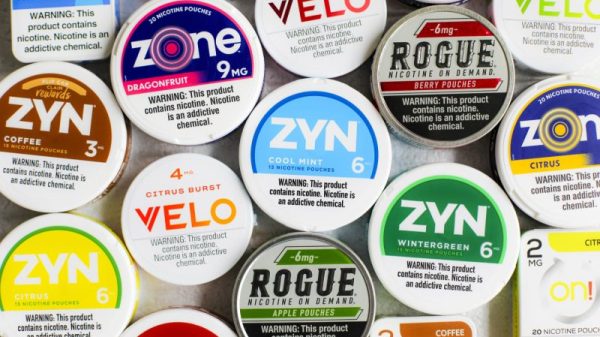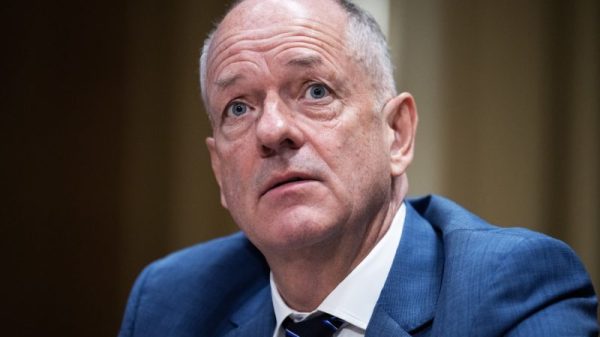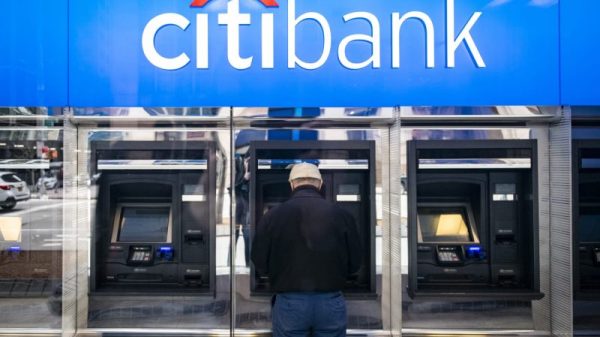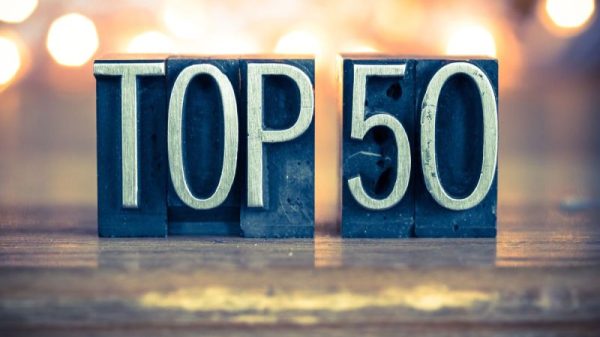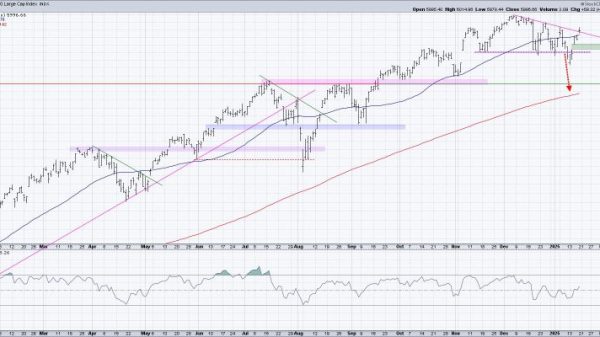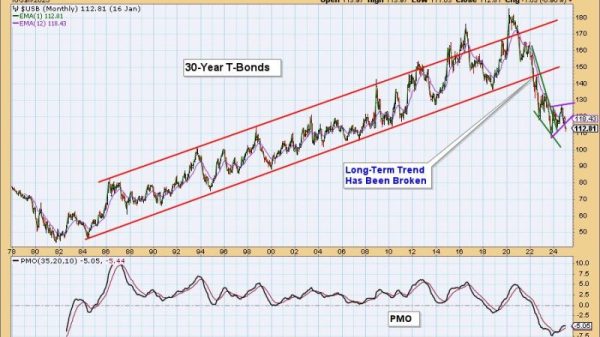During his first term as US president, Donald Trump was widely seen as a friend to Taiwan, having bolstered support for the island through increased arm sales and upgraded diplomatic visits.
But that goodwill was nowhere to be found on the campaign trail, with Trump repeatedly claiming that the self-ruled democracy should pay the US more for “protection” and that it had “stolen” America’s chip business.
That’s why Taiwan is buckling up for what could be a far more volatile relationship with Washington, its most important security guarantor, now that Trump has clenched a historic political comeback.
What is certain, observers say, is that Taiwan will have to pay more for its own defense and step up engagement with the Trump administration to shore up American support.
China’s ruling Communist Party views Taiwan as part of its territory, despite never having controlled it, and has vowed to take the island by force if necessary. Under the Taiwan Relations Act, Washington is legally required to provide the island with the means to defend itself, and it supplies Taipei with defensive weaponry.
In a statement issued after the November election, Taiwan President Lai Ching-te stressed the importance of Taiwan’s friendship with the US and said Taipei is willing to be “the most reliable partner.”
Experts say Taiwan will be closely watching Trump’s foreign policy and defense appointments, his response to Russia’s war in Ukraine and his demands on allies for clues on the future of the relationship.
The stakes of that relationship are higher than ever as Beijing ramps up military intimidation of Taiwan, sending fighter jets and warships near the island almost on a daily basis and launching large-scale drills to punish what it calls “separatist acts.”
This week, Taiwan’s Defense Ministry said China fielded its largest regional maritime deployment in decades, as it braced for expected military exercises after Lai sparked Beijing’s ire by making unofficial stops in Hawaii and the US territory of Guam.
Beijing has not announced any military drills or acknowledged the large-scale deployment cited by Taipei. US officials have said China’s regional naval deployments are elevated but consistent with other large exercises in the past.
Under pressure
But one thing’s for sure: Trump is a less vocal supporter of Taiwan than Joe Biden. The outgoing president has repeatedly said the US would be willing to intervene militarily should the Chinese attack the island, before the White House would walk back his comments.
The US has long been governed by a policy of “strategic ambiguity” over exactly how it would respond to an invasion of Taiwan. Trump, though, has taken that ambiguity to another level.
Asked by the Wall Street Journal if he would use military force against a blockade on Taiwan by China, Trump said it would not come to that because Xi respected him and knows he’s “crazy.” Instead, he said he would slap 150% to 200% tariffs on Beijing.
In an October episode of the “The Joe Rogan Experience” podcast, Trump hit out at America’s longtime friend, saying Taiwan doesn’t “pay us money for the protection, you know? The mob makes you pay money, right?”
Taiwan’s mutual defense treaty with Washington ended in 1979 along with official diplomatic ties. Unlike South Korea and Japan, it doesn’t pay for American military forces to be based in its territory. Still, the US is the island’s biggest arms dealer.
“US and Taiwanese national security interests overlap significantly,” said Kanapathy. “But the Unites States can’t want to help Taiwan more than Taiwan wants to help itself. That’s the bottom line.”
Taiwan has long procured weaponry and military equipment from the US. There is currently a backlog of more than $20 billion in military gear that Taiwan has ordered and is still awaiting delivery. It has also been increasing its defense budget over the years.
This year, the Taiwanese government proposed a record high military budget that accounts for approximately 2.5% of the island’s total economic output, far less than the 10% target Trump said Taiwan should commit to.
A significant increase in defense spending, however, could be politically difficult for Taiwan’s President Lai, as his party does not have a majority in the legislature. And 10% would make Taiwan among the highest military spenders in the world, three times more than what the US spends on its military as a percentage of its economy.
Trump won re-election earlier this month and has announced a proposed cabinet stacked with multiple China hawks.
Chip giant
Trump has also repeatedly accused Taiwan of “stealing” America’s chip business and has suggested imposing tariffs on Taiwan’s critical chip exports, which are used to power an array of modern technologies, from smartphones to artificial intelligence applications.
While experts have dismissed Trump’s comments, saying Taiwan grew its own semiconductor industry organically through a combination of foresight, hard work and investment, the remarks have prompted jitters that Taiwan would need to move more of its critical chip supply chain to the US at a faster pace.
A move like that could affect the island’s economic security and dismantle the very “silicon shield” that some say helps protect Taiwan from the threat of an invasion by Beijing.
“If Trump is going to do something against the chips supply chain, including more rigid export controls, that may have a lot of impact on Taiwan,” she said, referring to restrictions on which countries or companies Taiwanese chip suppliers may sell to.
Earlier this month, Reuters reported the US had ordered Taiwan Semiconductor Manufacturing Company, or TSMC, to halt shipments of advanced chips to Chinese customers. TSMC manufactures 90% of the world’s most advanced chips.
The move came after TSMC-made chips were reportedly found in devices made by Huawei, a Chinese telecommunications giant sanctioned by the US in 2019. TSMC said it had not supplied chips to Huawei since September 2020, but it continues to supply other Chinese clients, prompting concerns that Huawei may still have access to these chips through other Chinese firms.
Analysts say increasing outreach and education efforts would be key for Taiwanese chip businesses to mitigate risks as Trump begins his second term.


